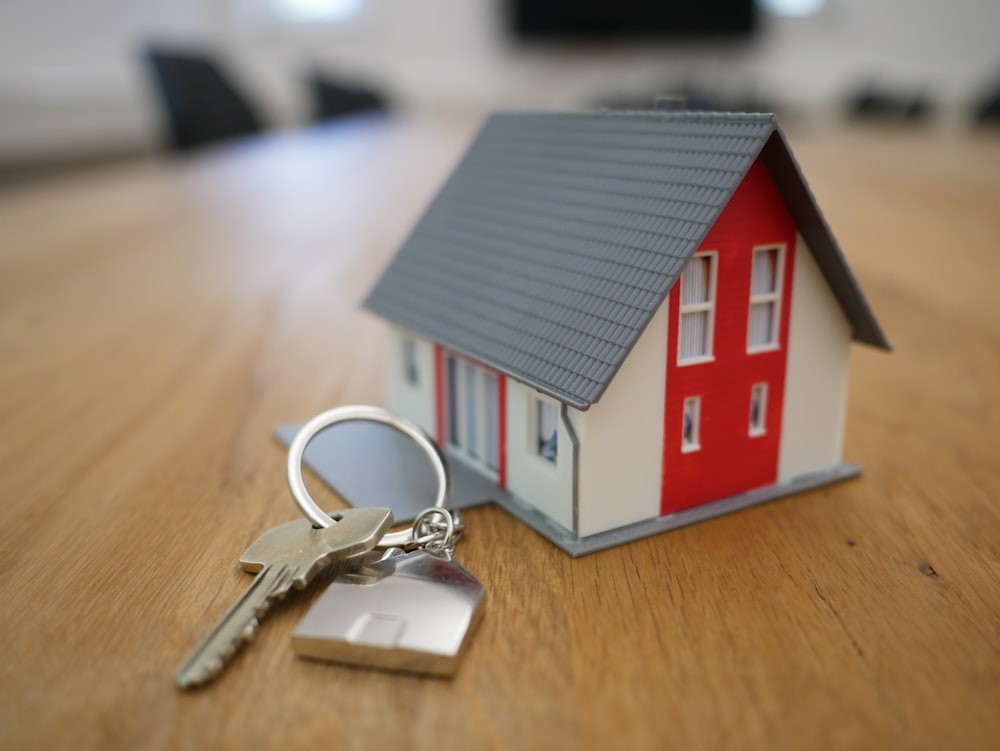Los Angeles County contains an estimated 50,000+ illegal ADUs across cities like Santa Monica, Pasadena, Beverly Hills, Culver City, and unincorporated areas. AB 2533 provides a pathway to legalize these unpermitted units, but requirements vary significantly between jurisdictions. This comprehensive guide covers the legalization process throughout LA County.
Understanding Illegal ADUs in Los Angeles County
Illegal ADUs in Los Angeles County were often built before current regulations existed or without proper permits due to complex approval processes. Common examples include converted garages in Pasadena, basement apartments in Santa Monica, and backyard cottages in Beverly Hills.
Common Types of Illegal ADUs by City
- Santa Monica: Basement conversions and garage apartments near the beach
- Pasadena: Converted garages and pool houses in historic neighborhoods
- Beverly Hills: Guest houses and converted servants' quarters
- Culver City: Garage conversions and backyard studios
- West Hollywood: Basement apartments and converted spaces
- Burbank: Detached garage conversions and additions
City of Los Angeles Illegal ADU Legalization Process
The City of Los Angeles has streamlined processes for legalizing illegal ADUs under AB 2533, with specific procedures for different types of violations.
LA City Requirements
- Building Permits: Required for all structural modifications
- Zoning Compliance: Must meet current ADU zoning requirements
- Fire Safety: Smoke detectors and egress windows required
- Electrical Upgrades: Code-compliant electrical systems
- Plumbing Compliance: Proper water and sewer connections
Common Illegal ADU Locations in LA
- Silver Lake: Converted garages and backyard studios
- Echo Park: Basement conversions and garage apartments
- Hollywood: Converted spaces in historic buildings
- Venice: Garage conversions near the beach
- Mid-Wilshire: Converted spaces in older homes
Santa Monica Illegal ADU Legalization
Santa Monica has unique requirements due to its coastal location and rent control ordinances affecting illegal ADU legalization.
Santa Monica Specific Requirements
- Coastal Commission: May require coastal development permits
- Rent Control: Existing tenants may have rent control protections
- Parking: No parking required near transit stations
- Historic Preservation: Additional review for historic properties
- Environmental Review: CEQA compliance may be required
Common Santa Monica Illegal ADUs
- Beach Area: Converted garages and basement apartments
- Wilshire Corridor: Converted spaces in apartment buildings
- Residential Areas: Backyard cottages and pool houses
Pasadena Illegal ADU Legalization Process
Pasadena's historic character and established neighborhoods present unique challenges for illegal ADU legalization.
Pasadena Requirements
- Design Review: Architectural compatibility requirements
- Historic Districts: Additional review for historic properties
- Tree Preservation: Protection of significant trees
- Neighborhood Character: Compatibility with surrounding area
- Parking Standards: One parking space typically required
Popular Illegal ADU Areas in Pasadena
- Old Pasadena: Converted spaces in historic buildings
- South Pasadena: Garage conversions and guest houses
- Northwest Pasadena: Backyard cottages and pool houses
- Lamanda Park: Converted garages and additions
Beverly Hills Illegal ADU Considerations
Beverly Hills has strict standards but allows illegal ADU legalization under specific conditions.
Beverly Hills Requirements
- Architectural Review: Strict design compatibility standards
- Setback Requirements: Generous setback requirements
- Landscaping: Extensive landscaping and screening requirements
- Parking: Adequate parking must be demonstrated
- Noise Control: Sound insulation requirements
Orange County Illegal ADU Legalization
Orange County cities have varying approaches to illegal ADU legalization, from permissive to restrictive.
Major Orange County Cities
- Anaheim: Streamlined process for garage conversions
- Santa Ana: Very permissive illegal ADU legalization
- Irvine: Strict design standards but clear process
- Huntington Beach: Coastal considerations for illegal ADUs
- Newport Beach: High-end area with luxury illegal ADU conversions
- Fullerton: Historic considerations for older illegal ADUs
Riverside and San Bernardino County Illegal ADUs
Inland Empire counties have many illegal ADUs due to lower costs and less enforcement.
Common Inland Empire Illegal ADUs
- Riverside: Large lots with detached illegal ADUs
- San Bernardino: Converted garages and backyard units
- Corona: Pool houses and guest house conversions
- Fontana: Garage conversions and additions
- Rancho Cucamonga: Converted spaces in newer developments
Ventura County Illegal ADU Legalization
Ventura County combines coastal and inland characteristics affecting illegal ADU approaches.
Ventura County Cities
- Oxnard: Agricultural worker housing conversions
- Ventura: Coastal illegal ADUs and conversions
- Thousand Oaks: Suburban illegal ADU conversions
- Simi Valley: Garage and pool house conversions
- Camarillo: Rural illegal ADUs and farm worker housing
Financial Considerations for Illegal ADU Legalization
Legalization costs vary significantly between Southern California cities based on local requirements and existing conditions.
Cost Ranges by City Type
- High-Cost Cities (Beverly Hills, Santa Monica): $40,000 - $100,000+
- Mid-Range Cities (Pasadena, Culver City): $25,000 - $60,000
- Lower-Cost Cities (Inland Empire): $15,000 - $40,000
- Permit and Impact Fees: $5,000 - $25,000 depending on city
Common Challenges in Southern California
Specific challenges face illegal ADU owners throughout Southern California.
Regional Challenges
- High Construction Costs: Expensive labor and materials
- Strict Building Codes: Seismic and fire safety requirements
- Environmental Regulations: CEQA and environmental review
- Historic Preservation: Many areas have historic protections
- Utility Capacity: Older infrastructure capacity issues
Success Stories and Case Studies
Many Southern California homeowners have successfully legalized illegal ADUs under AB 2533.
Successful Legalization Examples
- Santa Monica Garage: 1950s garage converted to legal ADU
- Pasadena Guest House: Historic guest house brought into compliance
- Beverly Hills Pool House: Luxury pool house legalized
- LA Basement: Basement apartment legalized with egress improvements
- Orange County Conversion: Detached garage converted to family unit
Working with Local Authorities
Building relationships with local building departments improves legalization success.
Best Practices by City
- Los Angeles: Use expedited processing options
- Santa Monica: Early coordination with planning department
- Pasadena: Historic preservation consultation
- Beverly Hills: Architectural review preparation
- Orange County Cities: Utilize streamlined processes
Future Outlook for Illegal ADU Legalization
Southern California continues to expand opportunities for illegal ADU legalization.
Positive Trends
- Streamlined Processes: Cities simplifying legalization procedures
- Fee Reductions: Lower permit fees for ADU legalization
- Technical Assistance: City-provided design and planning help
- Amnesty Programs: Special programs for illegal ADU legalization
- State Support: Continued state legislation supporting ADUs
Conclusion
Legalizing illegal ADUs throughout Southern California provides significant benefits including increased property value, rental income potential, and legal compliance. While requirements vary between cities like Santa Monica, Pasadena, Beverly Hills, and others, AB 2533 provides a viable pathway for most illegal ADUs built before 2020.
Success requires understanding local requirements, working with qualified professionals, and navigating city-specific processes. The investment in legalization typically pays for itself through increased property value and rental income while eliminating legal risks associated with illegal units.
With proper planning and professional assistance, most illegal ADUs in Los Angeles County and surrounding areas can be successfully legalized, providing valuable housing while complying with all applicable codes and regulations.



